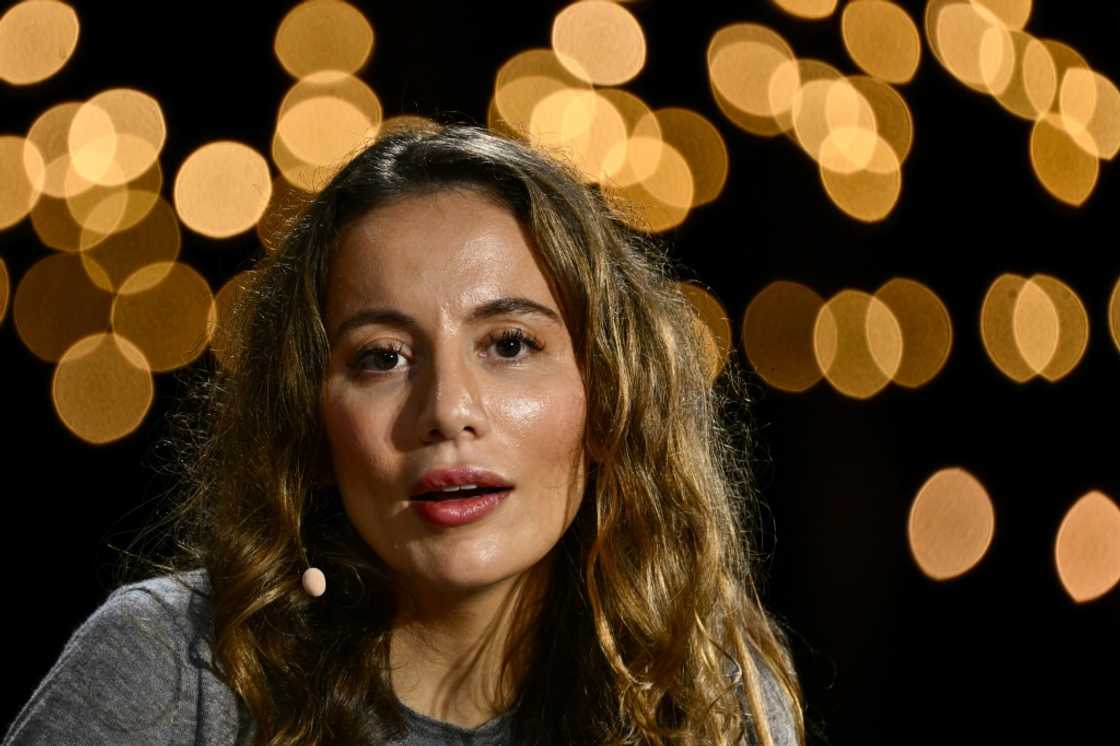OpenAI chief technology officer Mira Murati leaving company

Source: AFP
OpenAI chief technology officer Mira Murati on Wednesday said she is leaving the company behind ChatGPT, adding to a growing list of high-level departures.
Murati called her more than six years at the San Francisco-based company "an extraordinary privilege" and described her decision to leave as difficult in a post on X, formerly Twitter.
"There's never an ideal time to walk away from a place one cherishes, but the moment feels right," Murati said in the post.
"I want to create the time and space to do my own exploration."
OpenAI chief Sam Altman replied to Murati's post with his thanks for what Murati has helped the company build, and promised details on a transition plan soon.
Murati is the latest influential member of the OpenAI team to step away from their position.
Co-founder Greg Brockman is on an extended leave of absence and fellow OpenAI founder John Schulman left for AI sector rival Anthropic, according to a report in The Information.
A product team leader who OpenAI had lured over from Meta also left, the report said.
OpenAI co-founder Ilya Sutskever exited OpenAI early this year in the wake of a boardroom battle that saw Altman temporarily ousted from the company.
OpenAI earlier this month released a new series of artificial intelligence models designed to spend more time thinking -- in hopes that generative AI chatbots provide more accurate and beneficial responses.
The new model, nicknamed Strawberry, is designed to tackle complex tasks and solve more challenging problems in science, coding and mathematics -- something that earlier models have been criticized for failing to provide consistently.
Unlike their predecessors, these models have been trained to refine their thinking processes, try different methods and recognize mistakes before they deploy a final answer.
OpenAI's push to improve "thinking" in its model is a response to the persistent problem of "hallucinations" in AI chatbots.
This refers to their tendency to generate persuasive but incorrect content that has somewhat cooled the excitement over ChatGPT-style AI features among business customers.
The new release came as OpenAI was raising funds that could see it valued around $150 billion, which would make it one of the world's most valuable private companies, according to US media.
PAY ATTENTION: Сheck out news that is picked exactly for YOU ➡️ find the “Recommended for you” block on the home page and enjoy!
Source: AFP




